NBP periodically publishes short articles on nuclear energy matters which either have a geographic or topical focus. Feel free to browse through all our articles and if you would like to read on something specific, please use the search function. For example, you can search for articles relating to Africa or India or financing or SMR etc. You can also use the filter function to see articles pertaining to Asia, Africa, India or Türkiye.
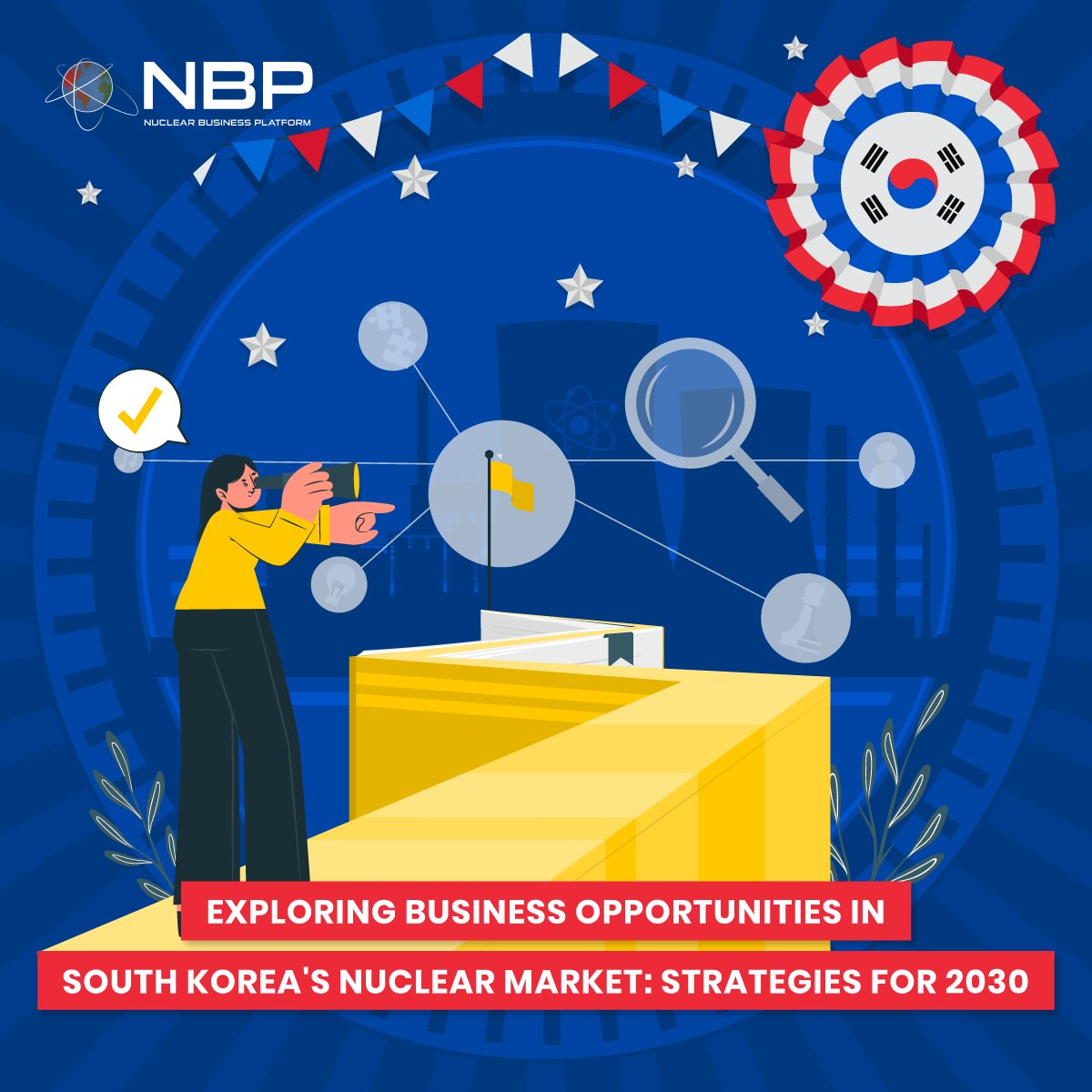
Exploring Business Opportunities in South Korea's Nuclear Market: Strategies for 2030
South Korea is going nuclear and wants YOU to join them! With massive government investments, a focus on next-generation reactors (including SMRs!), and strong partnerships with private companies, South Korea is a HOT market for nuclear companies and investors. Don't miss out on this opportunity to be part of a dynamic and growing sector!
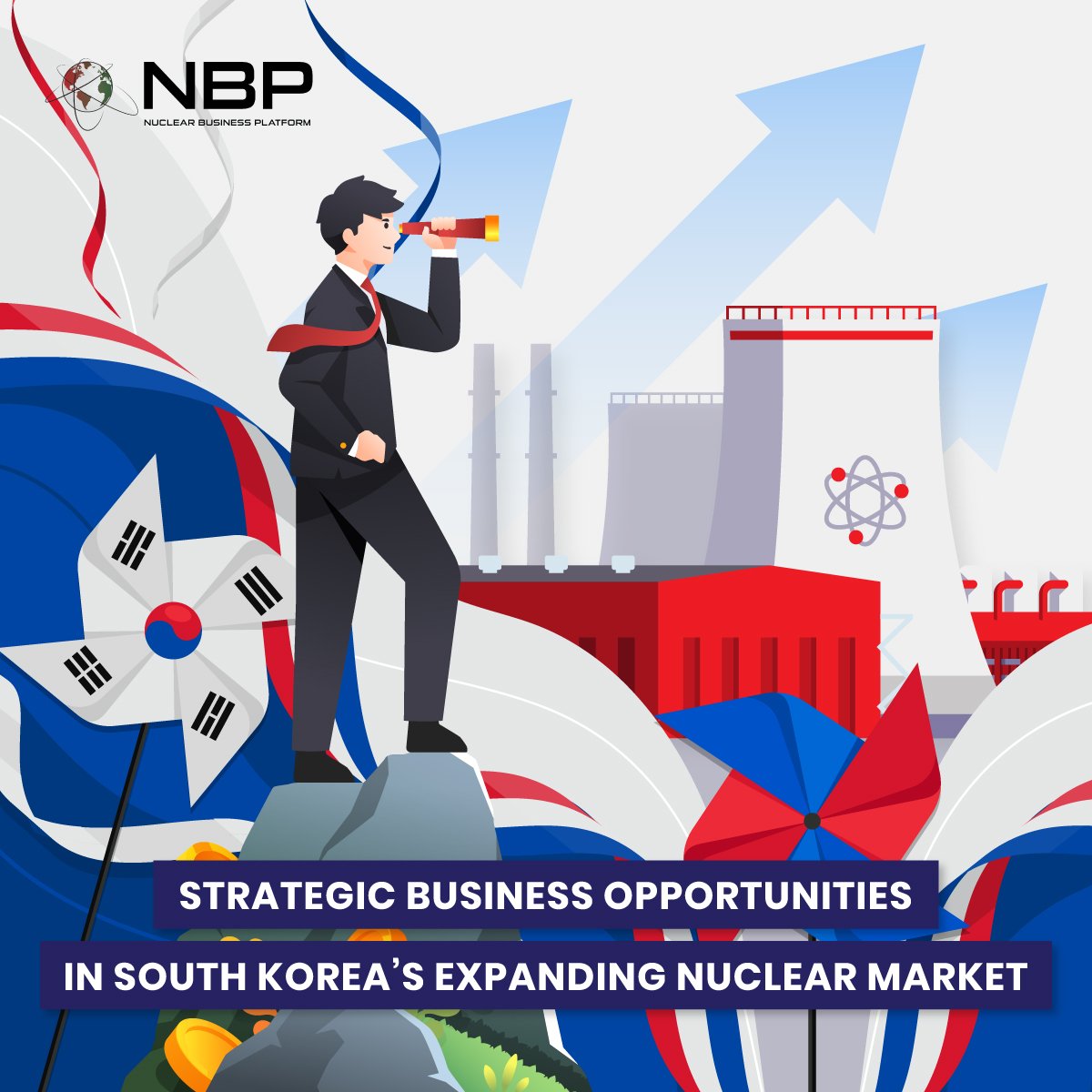
Strategic Business Opportunities in South Korea’s Expanding Nuclear Market
South Korea is ramping up its nuclear power program and opening doors for international collaboration! With ambitious plans to secure 10 new nuclear power plant orders by 2030 and a strong focus on SMR development, South Korea offers a wealth of opportunities for foreign companies. From joint ventures and R&D collaborations to accessing broader Asian markets, now is the time to partner with South Korea and be part of its nuclear success story.
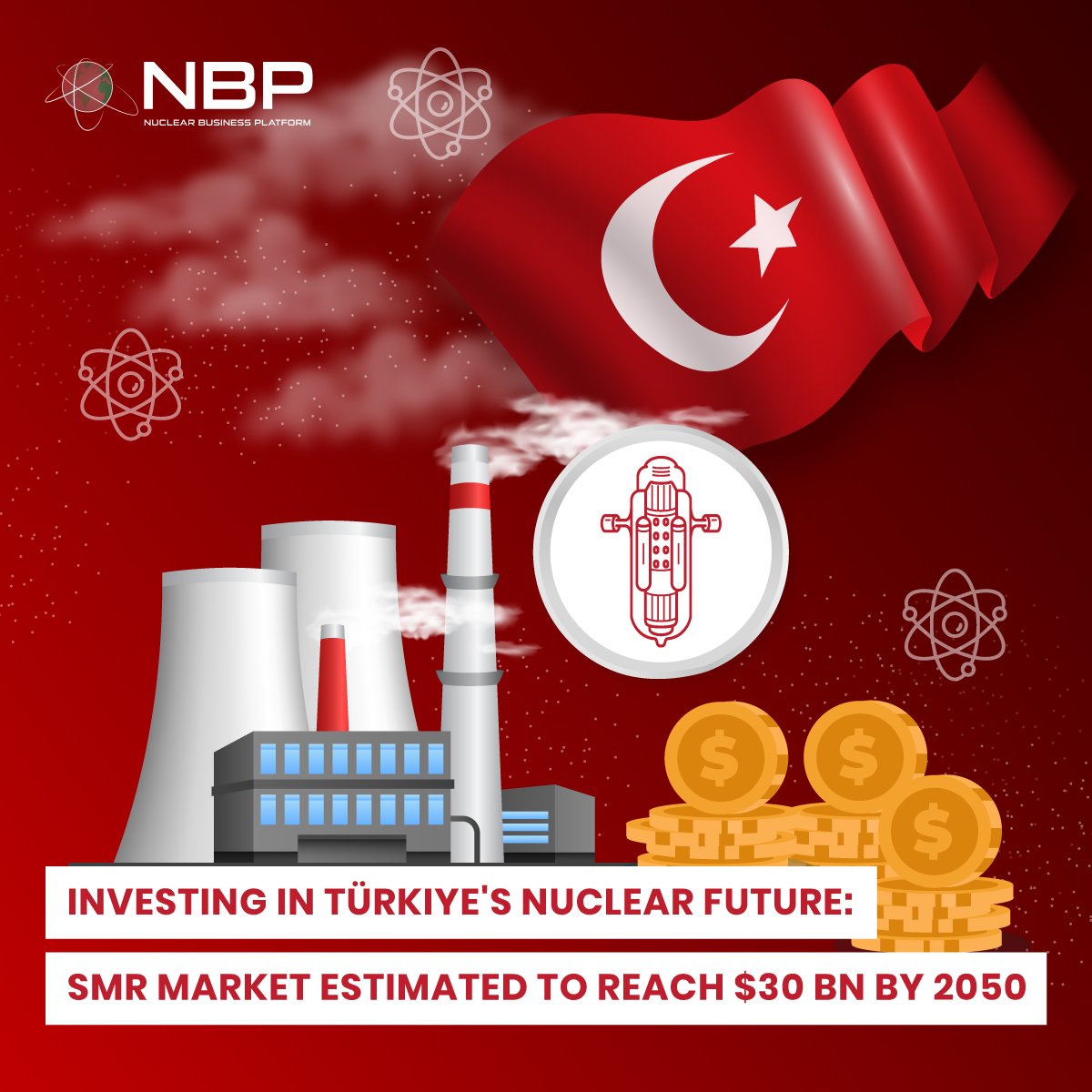
US-Türkiye Cooperation: A Strategic Shift in the Global Nuclear Landscape?
Türkiye's nuclear energy sector is poised for explosive growth, with a projected 20 GW of nuclear power by 2050, including 5 GW from Small Modular Reactors (SMRs). This presents a golden opportunity for international investors and companies. SMRs offer cost-effective, efficient, and flexible solutions to meet Türkiye's energy needs. Discover the strategic initiatives, funding opportunities, and the potential economic and geopolitical benefits of investing in Türkiye's SMR sector.
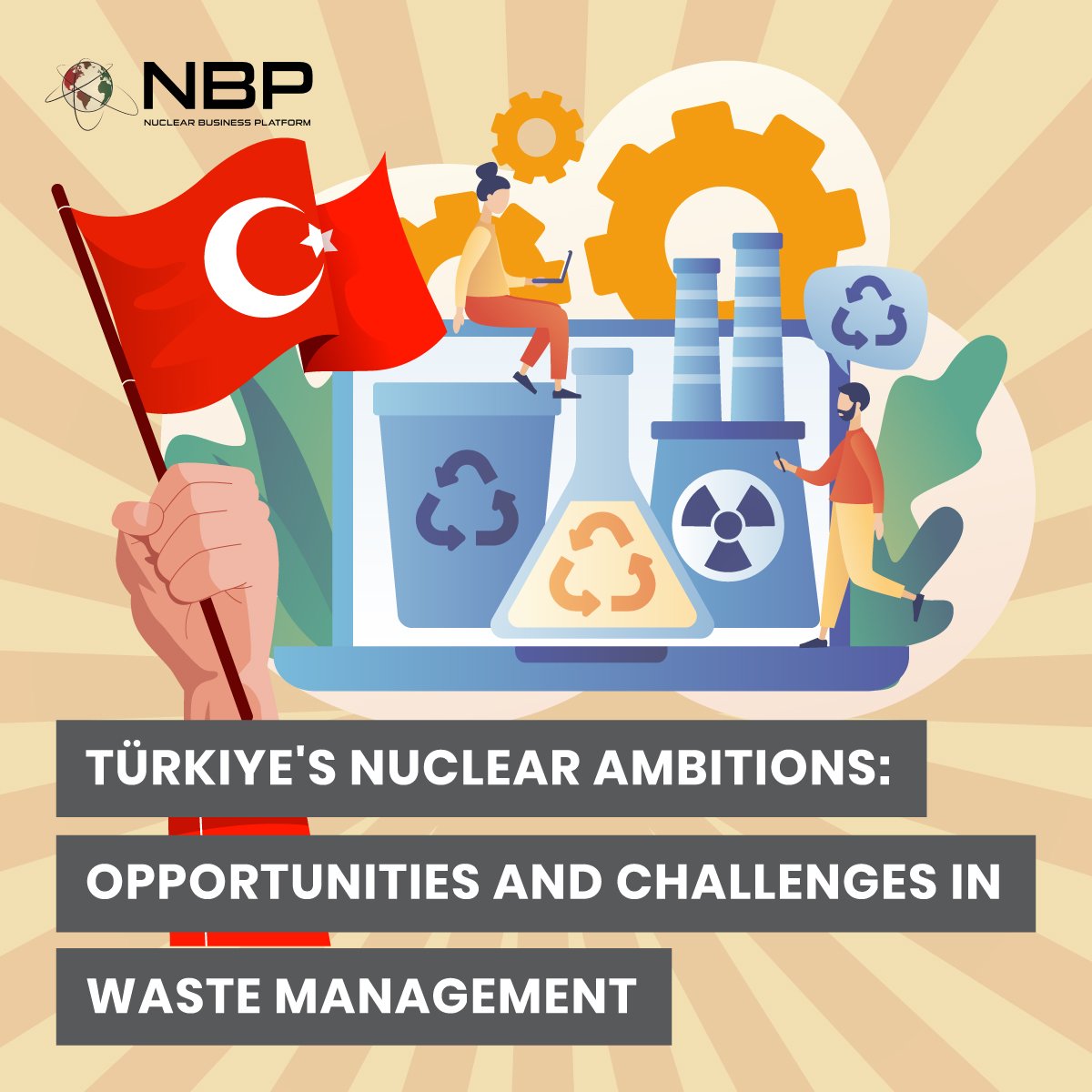
Türkiye's Nuclear Ambitions: Opportunities and Challenges in Waste Management
Türkiye is rapidly expanding its nuclear energy program, but how will it handle the challenge of nuclear waste? This article explores Türkiye's developing regulatory framework, waste management strategies for its current and future power plants, and the urgent need for a long-term disposal solution. Discover the lucrative business opportunities this presents for international waste management firms and the key steps Türkiye must take for a safe and sustainable nuclear future.
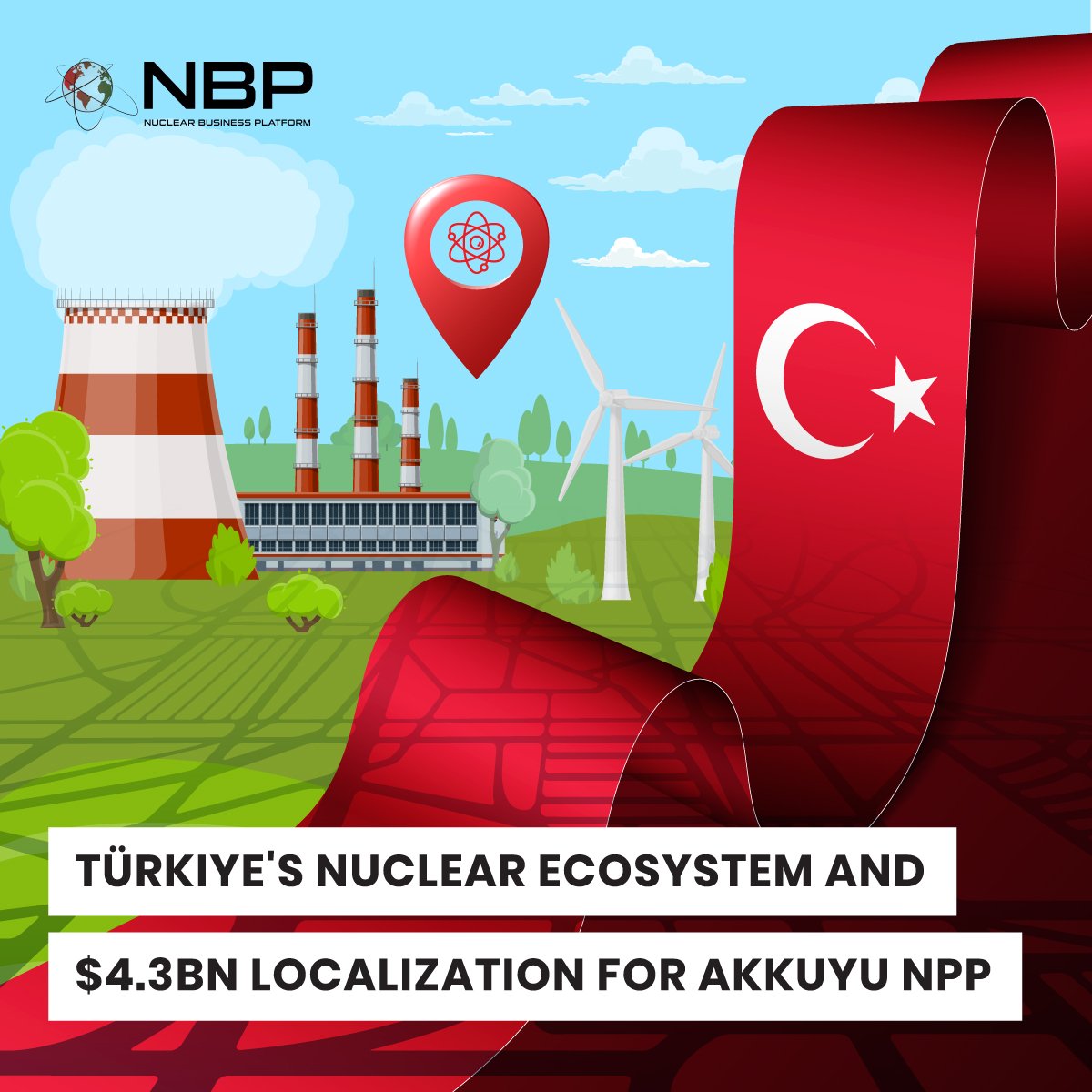
Türkiye's Nuclear Ecosystem and $4.3bn Localization for Akkuyu NPP
Türkiye has reached a localization of $4.3 billion , or 47 percent for the Akkuyu NPP project. In addition, Türkiye aims to gradually increase this rate in other NPP projects and eventually to reach the point of self-sufficiency in all areas of the nuclear industry in the next 30 years.
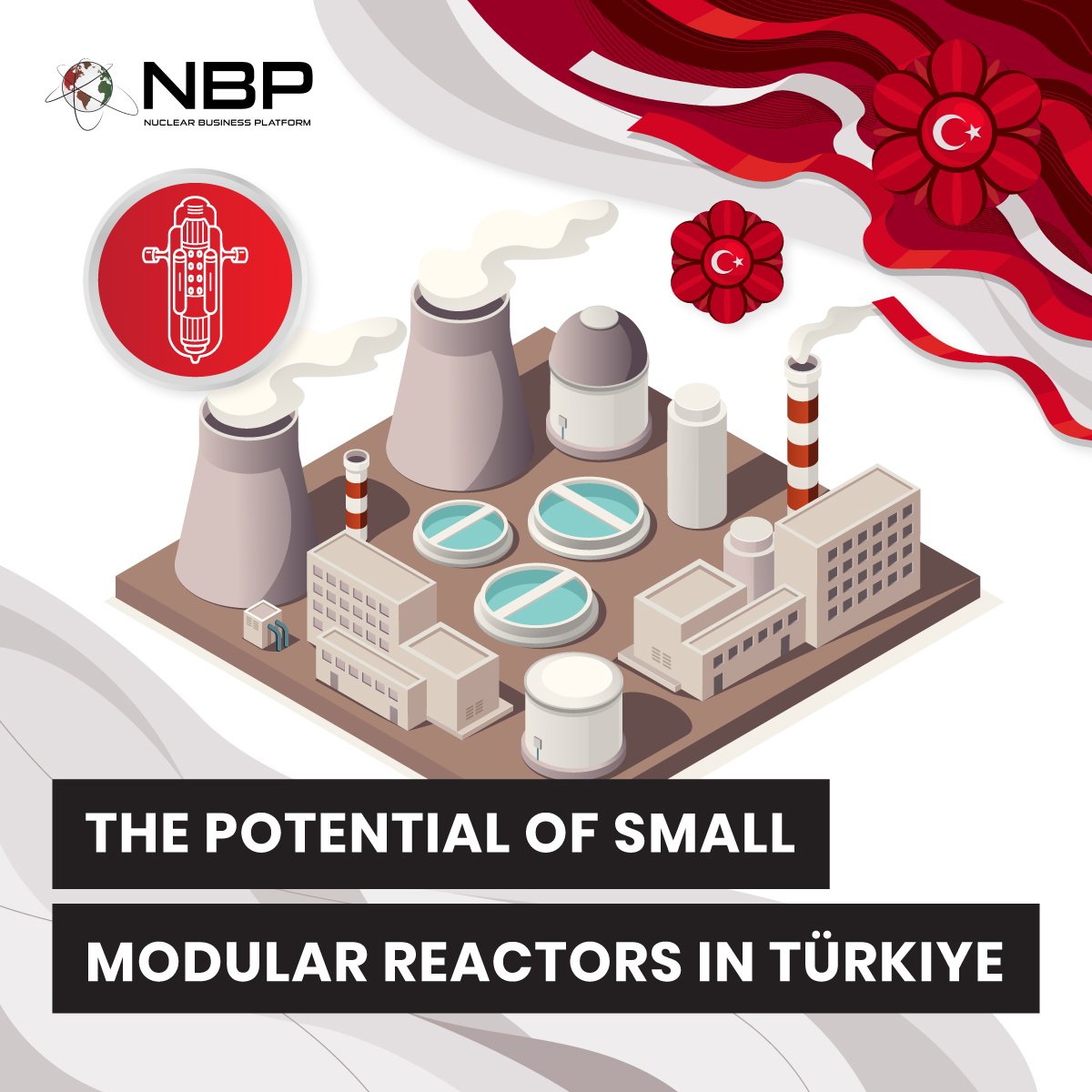
The Potential of Small Modular Reactors in Türkiye
As Türkiye aims to have 20 GW of nuclear energy by 2050 which will be from a combination of large and small reactors. Türkiye Nuclear Energy Company (TÜNAŞ) is currently spearheading these future initiatives. Technical and commercial aspects of 11 SMR designs were evaluated by TÜNAŞ
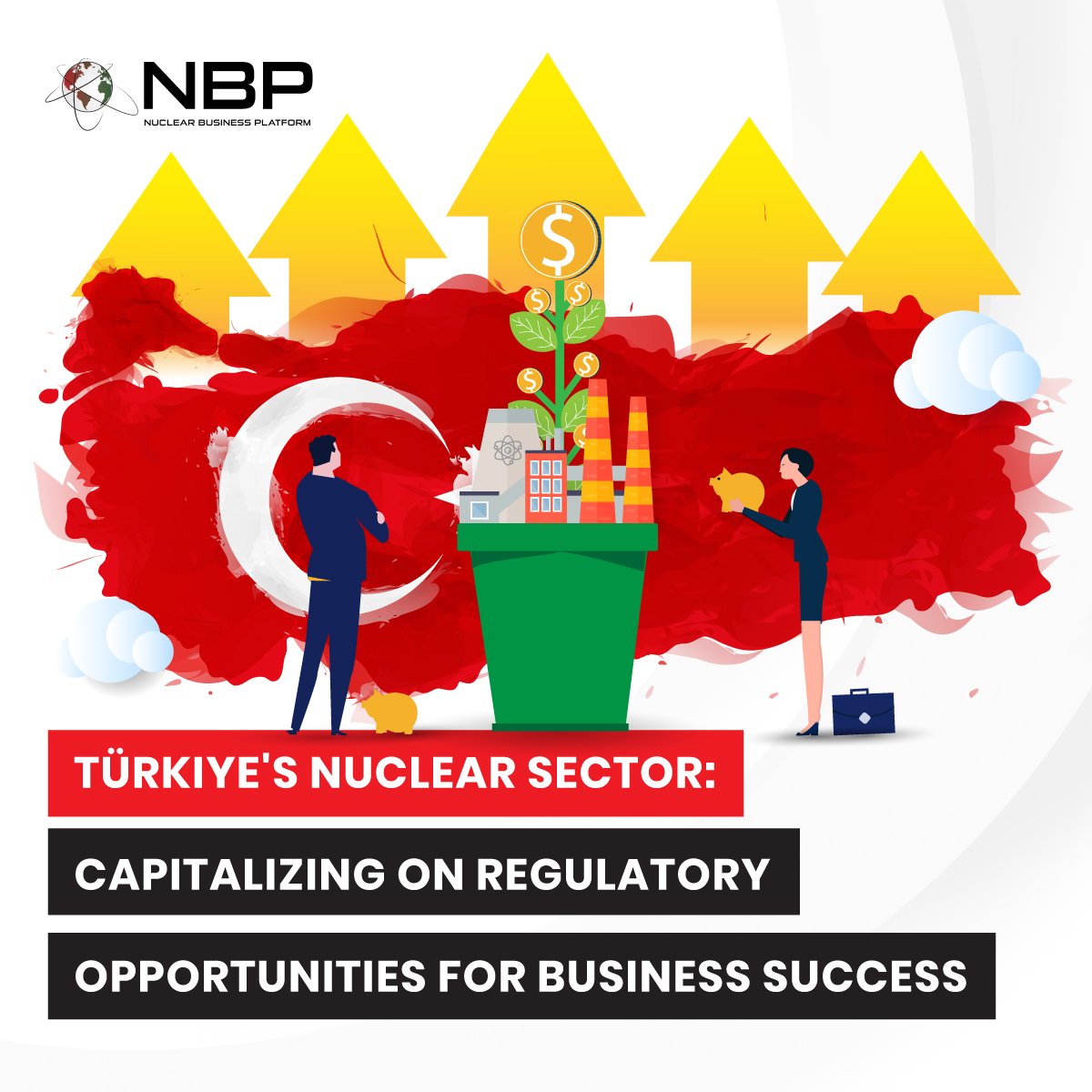
Türkiye's Nuclear Sector: Capitalizing on Regulatory Opportunities for Business Success
As Türkiye charts its transformative course in nuclear development, including the Akkuyu Nuclear Power Plant (NPP) and two proposed NPPs, with a target of reaching 10,000 MW nuclear capacity by 2050, the need for comprehensive regulatory bodies becomes even more crucial.
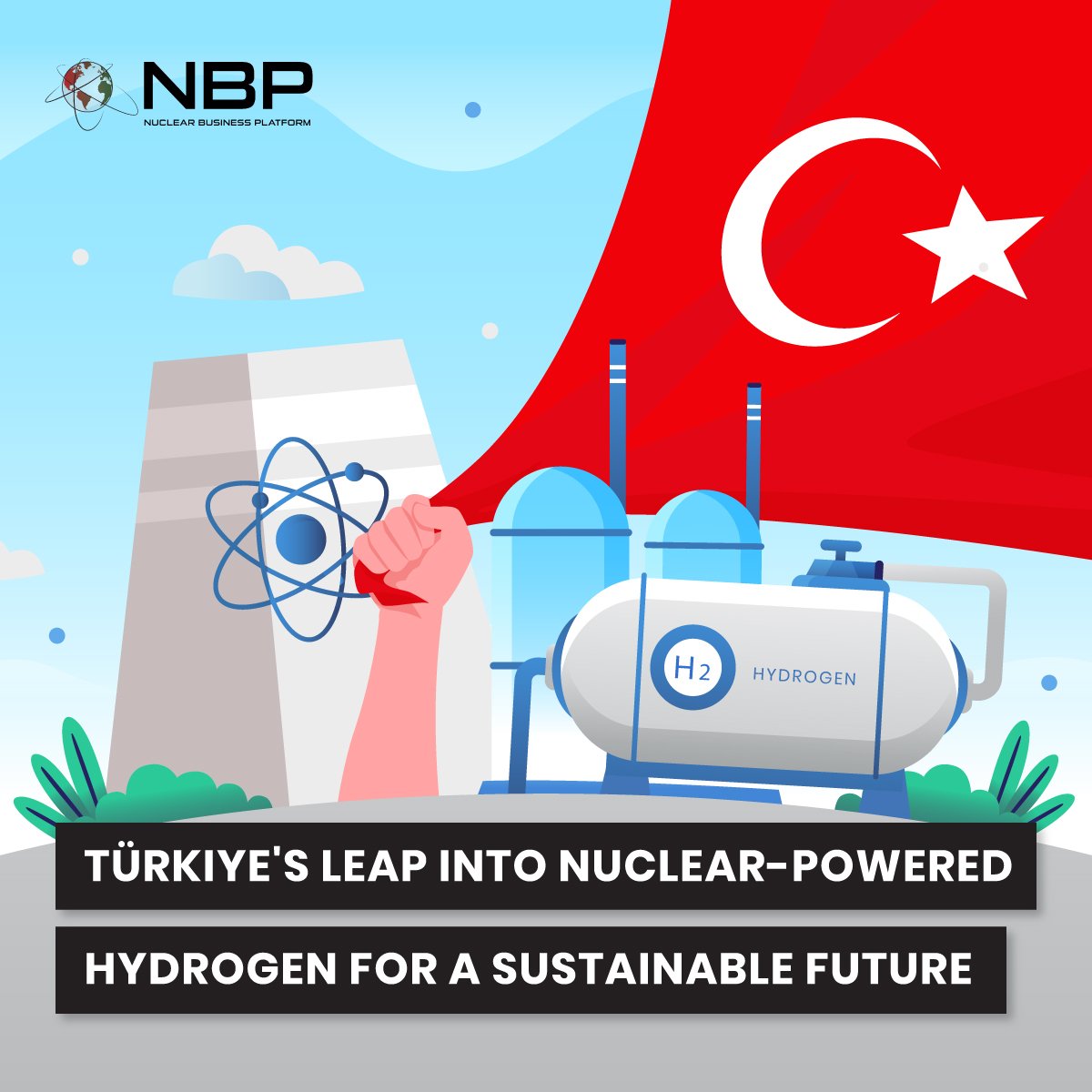
The Thrace Nuclear Power Plant and the Future of Türkiye
Türkiye is strategically positioning itself for a significant leap in its energy sector, envisioning a nuclear capacity of 10,000 MW by 2050 through forward-thinking plans. This ambitious trajectory is exemplified by the decision to construct a second and third nuclear power plant in the Sinop and Thrace region, underscoring its pivotal role in Türkiye's energy strategy.
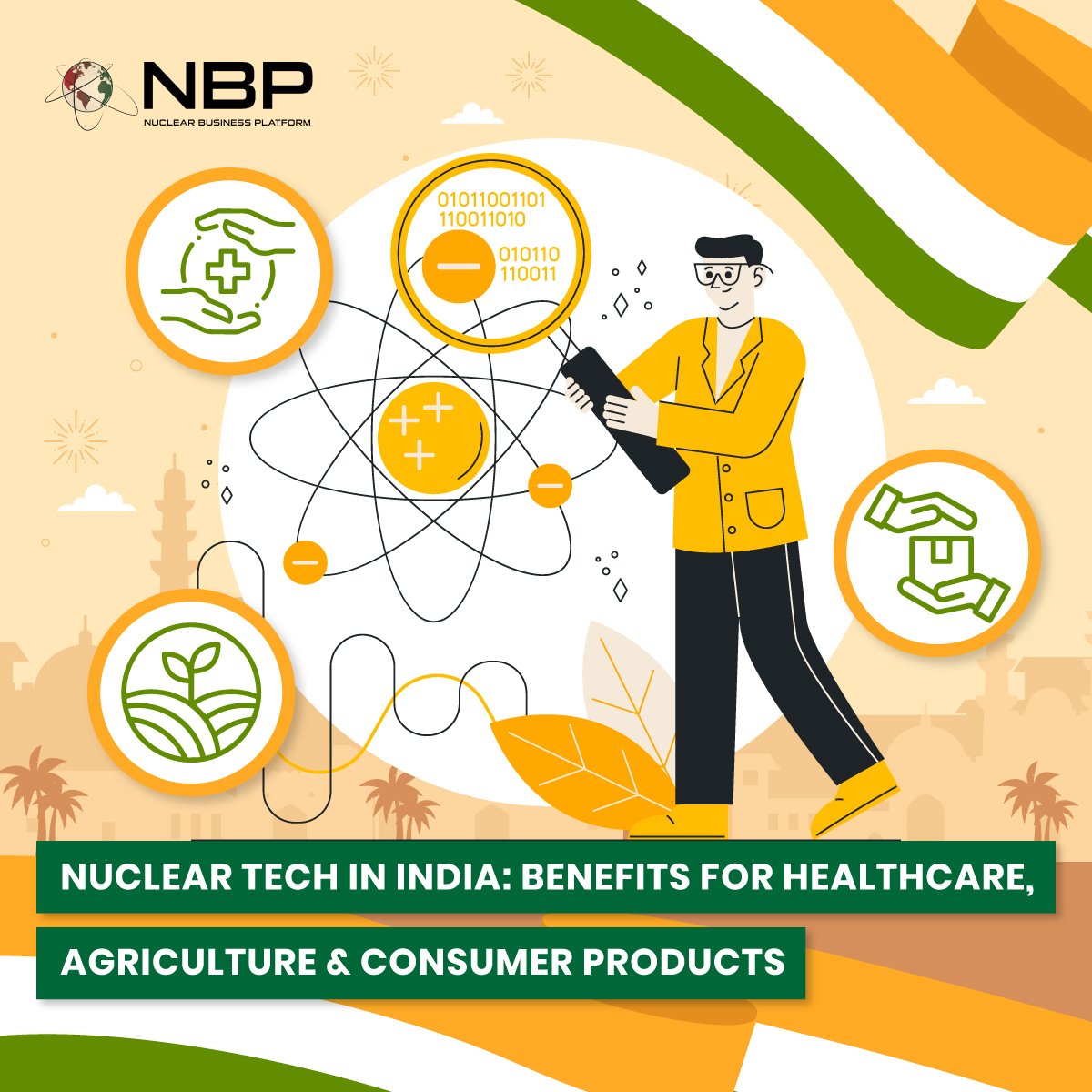
Nuclear Tech in India: Benefits for Healthcare, Agriculture & Consumer Products
Nuclear technology has a symbiotic relationship with various sectors of healthcare, agriculture, and consumer products in the Indian context. With a spotlight on nuclear medicine, agricultural advancements, and radioisotope-integrated consumer products, it aims to illuminate the multifaceted applications of nuclear energy and the opportunities it presents for international companies entering the Indian market.

Türkiye's Leap into Nuclear-Powered Hydrogen for a Sustainable Future
In the ever-evolving landscape of global hydrogen demand, the role of nuclear energy has emerged as a strategic imperative for sustainable and low-emission production. Globally there is a surge in hydrogen use, projecting an upward trajectory driven by industry, refining, and transport. The Turkish Energy, Nuclear and Mining Research Institute has embarked on innovative initiatives for green hydrogen production.
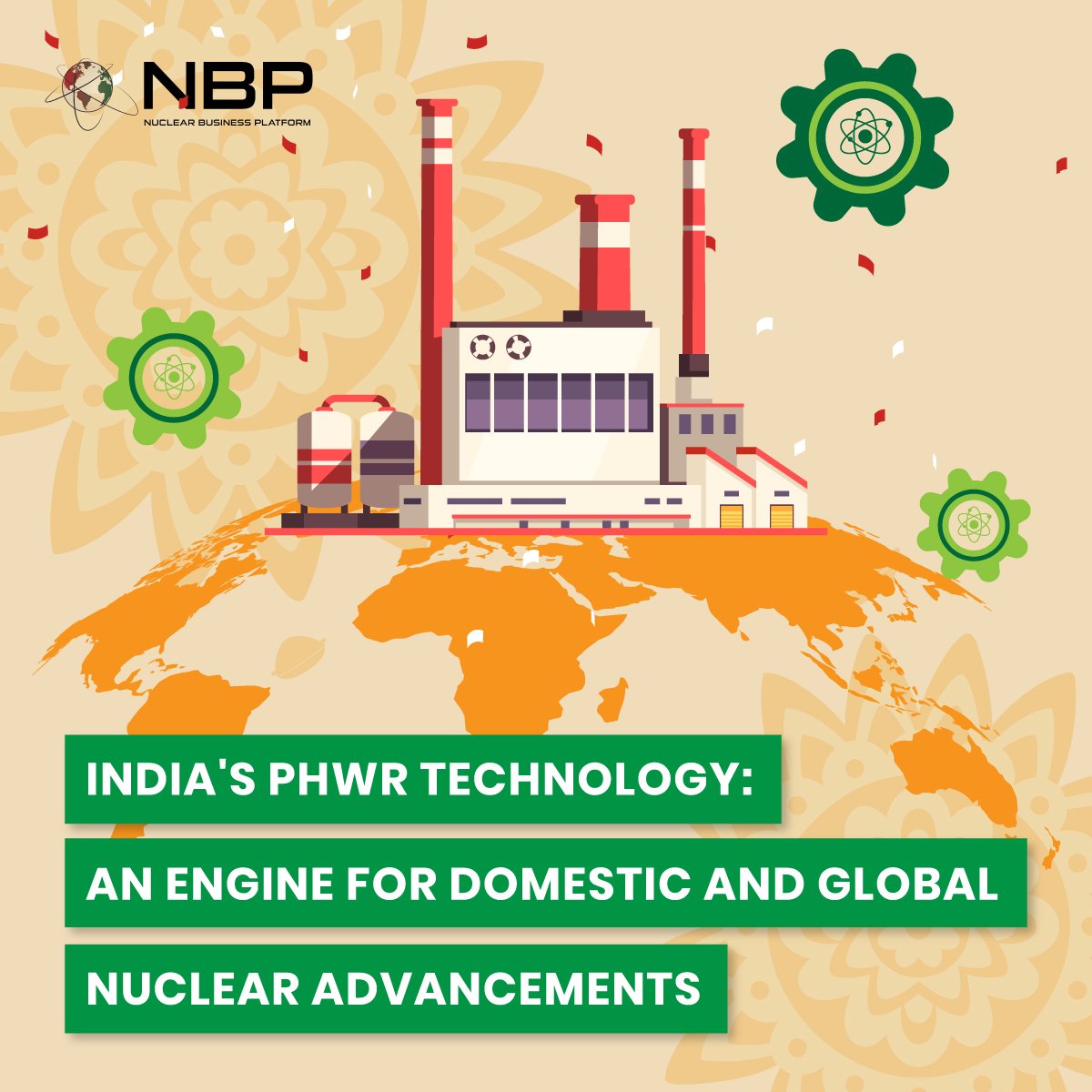
India's PHWR Technology: An Engine for Domestic and Global Nuclear Advancements
India has a unique opportunity to play a pivotal role in strengthening the international nuclear supply chain, offering its Pressurized Heavy Water Reactor (PHWR) technology as a beacon for other nations seeking to adopt nuclear energy. While 'Make in India' has seen success across various sectors, the nuclear domain has yet to witness significant traction. India's PHWR technology, however, holds immense potential not only as a cost-effective solution but also as a catalyst for global nuclear growth.
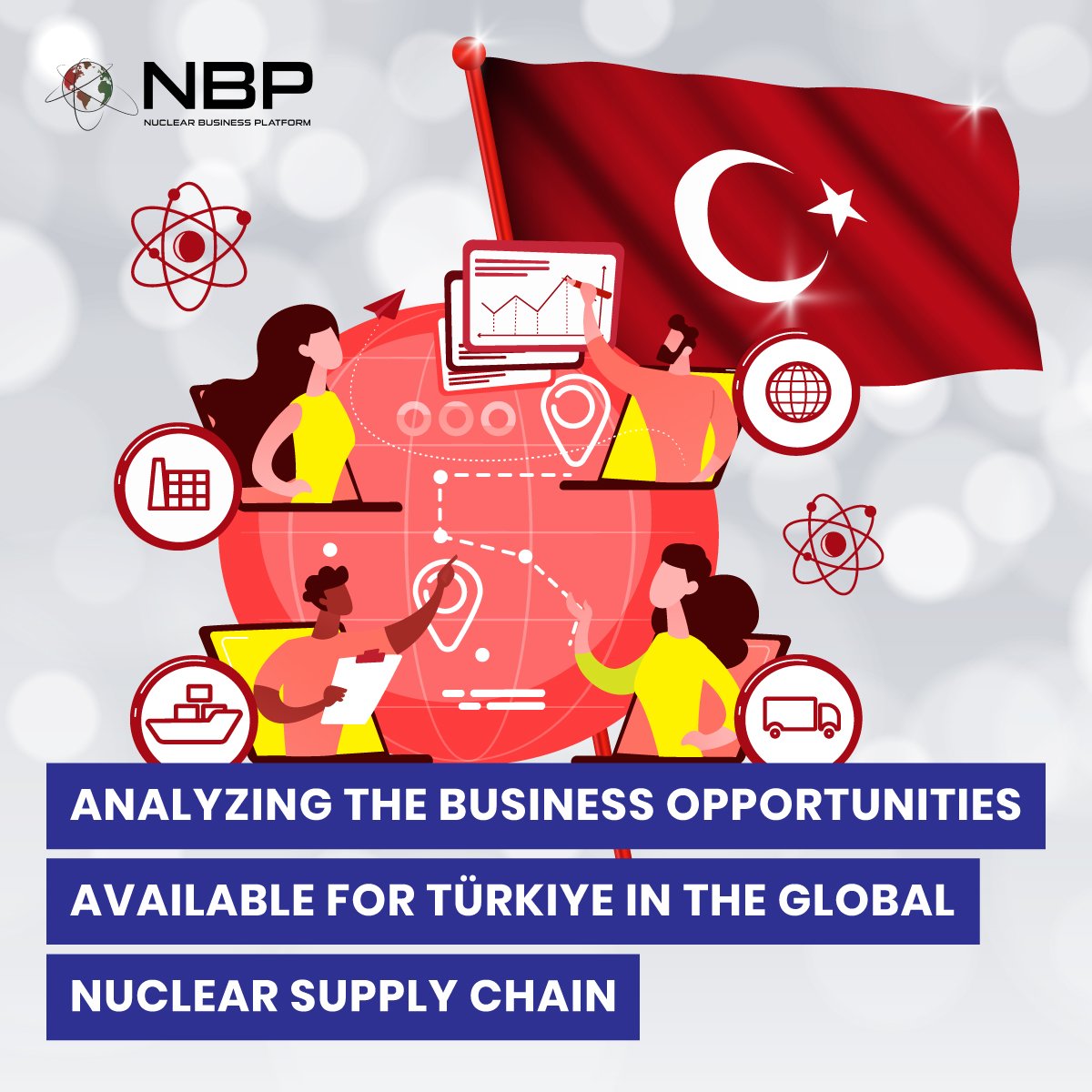
Analyzing the Business Opportunities Available for Türkiye in the Global Nuclear Supply Chain
Türkiye’s entry into the global nuclear energy supply chain presents a plethora of business opportunities. The country’s strategic location, coupled with its growing energy needs, makes it an attractive destination for investment in the nuclear sector.
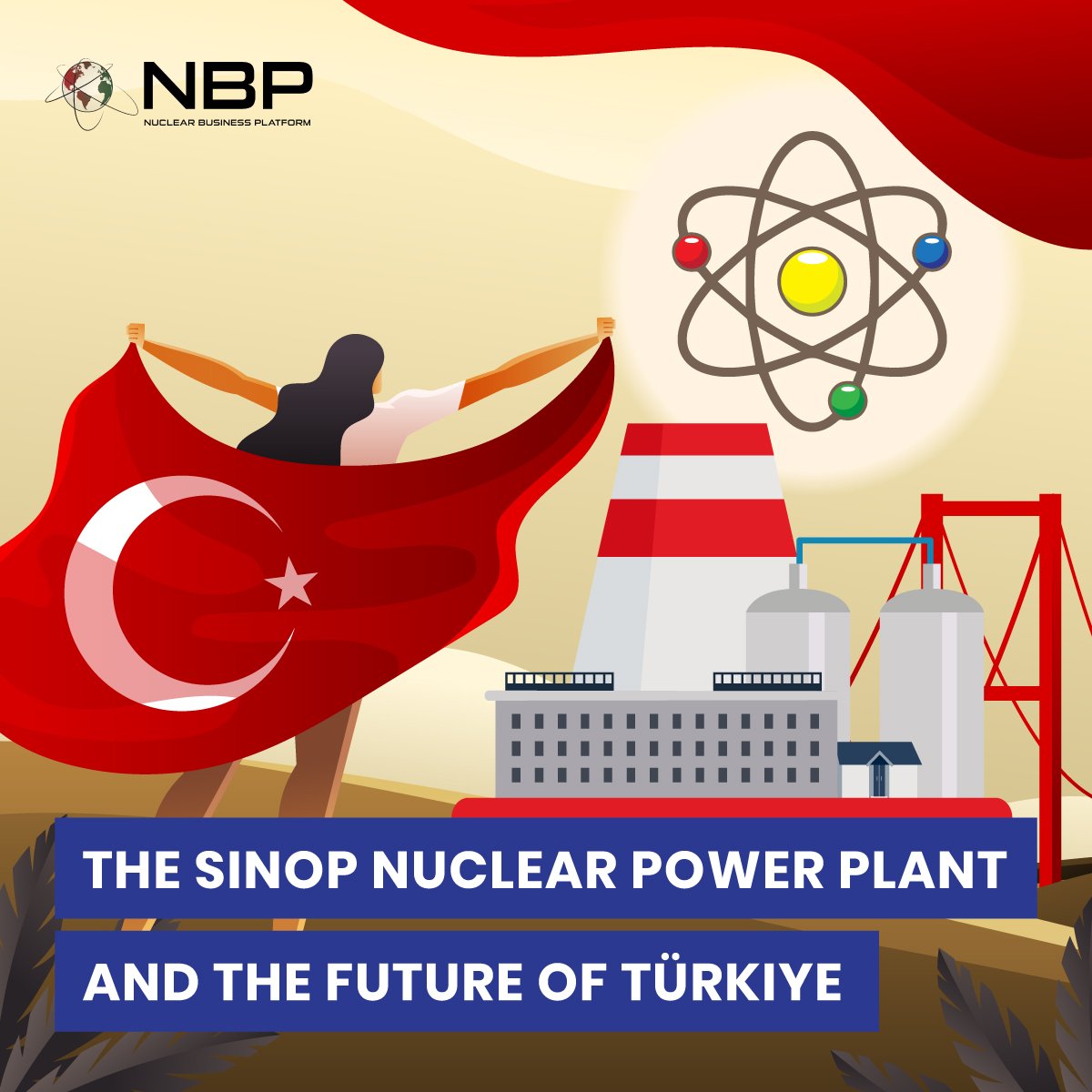
The Sinop Nuclear Power Plant and the Future of Türkiye
The proposed Sinop Nuclear Power Plant (NPP) stands as a monumental undertaking in the world of energy production and economic development for Türkiye. With a staggering investment of approximately $40 billion, it is set to become the country's second nuclear power plant, following the Akkuyu NPP. The Sinop NPP is located at Sinop province along the Black Sea.
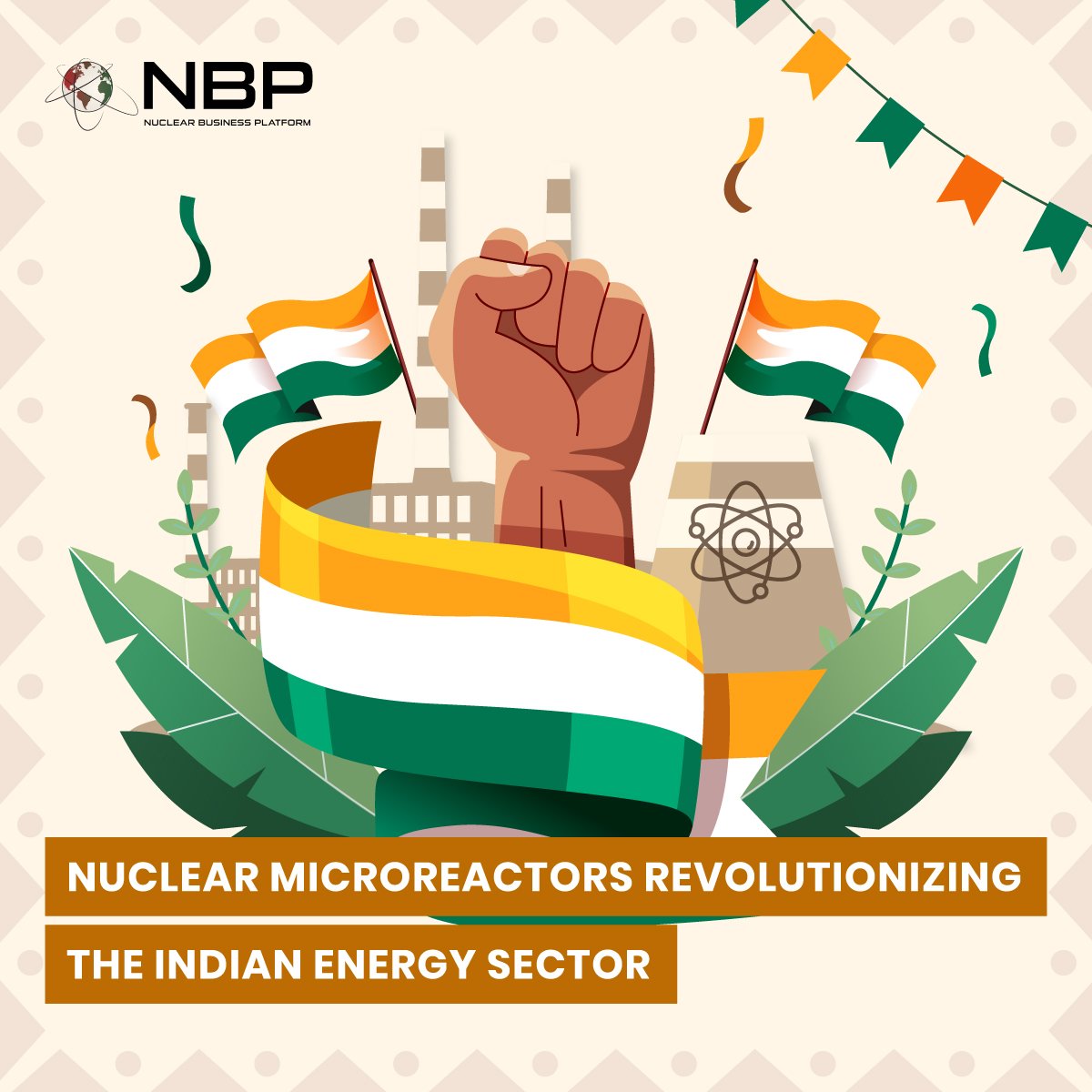
Nuclear Microreactors Revolutionizing the Indian Energy Sector
India's vast and diverse landscape is set to undergo a significant energy transformation. The country's energy market is grown for innovation, and nuclear microreactors present a promising technology that could revolutionize the sector. Nuclear microreactors are very small reactors usually generating less than 30 MWe. With their compact size, high efficiency, and low carbon emissions, these power sources are an ideal solution to address India's urgent energy challenges. In this report, we explore the potential applications of nuclear microreactors in India and the lucrative business opportunities they offer.
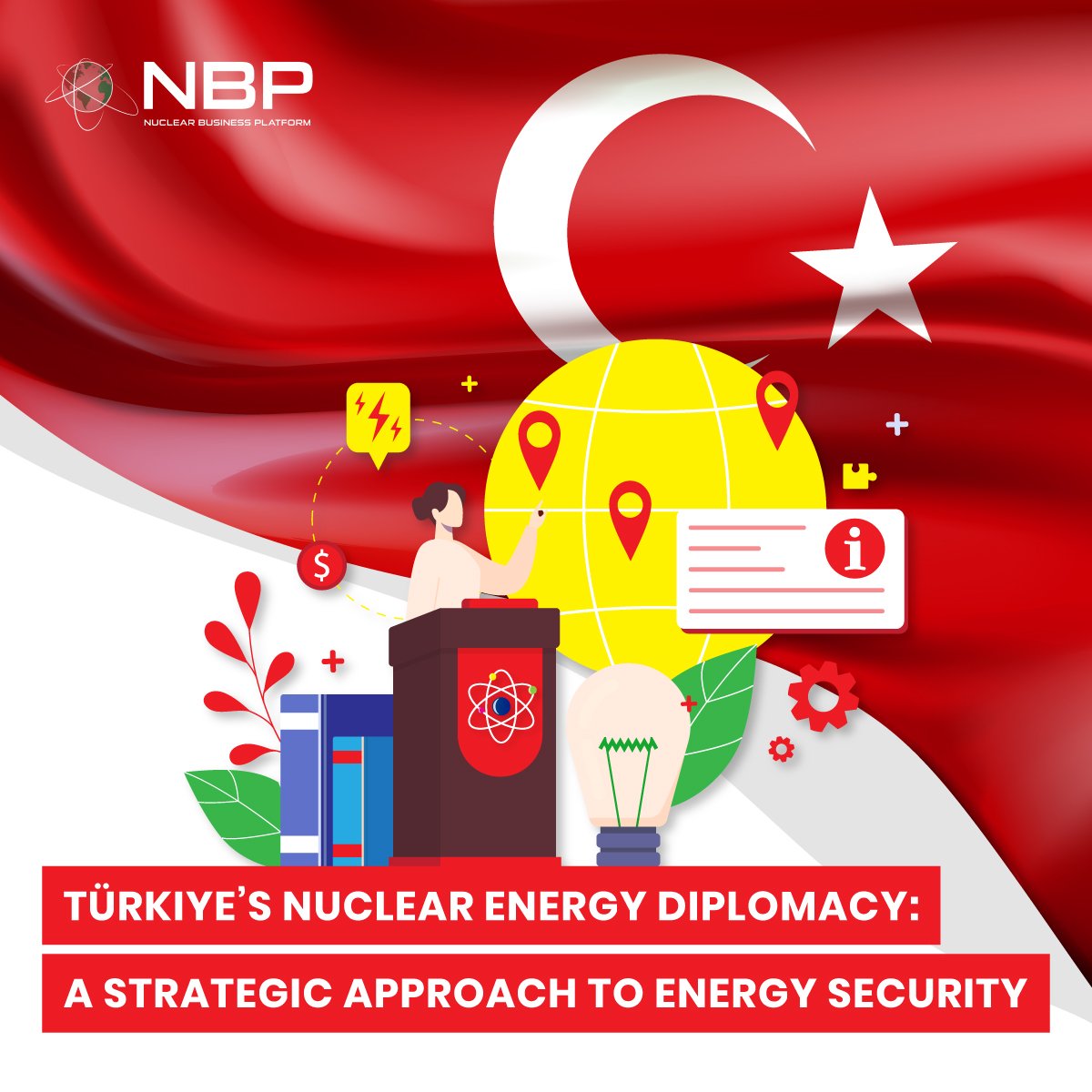
Türkiye’s Nuclear Energy Diplomacy: A Strategic Approach to Energy Security
Türkiye’s nuclear energy program is a testament to the country’s strategic approach to energy security and diplomacy. The program, which heavily relies on international cooperation and foreign technology, is a key component of Türkiye’s broader energy diplomacy strategy.
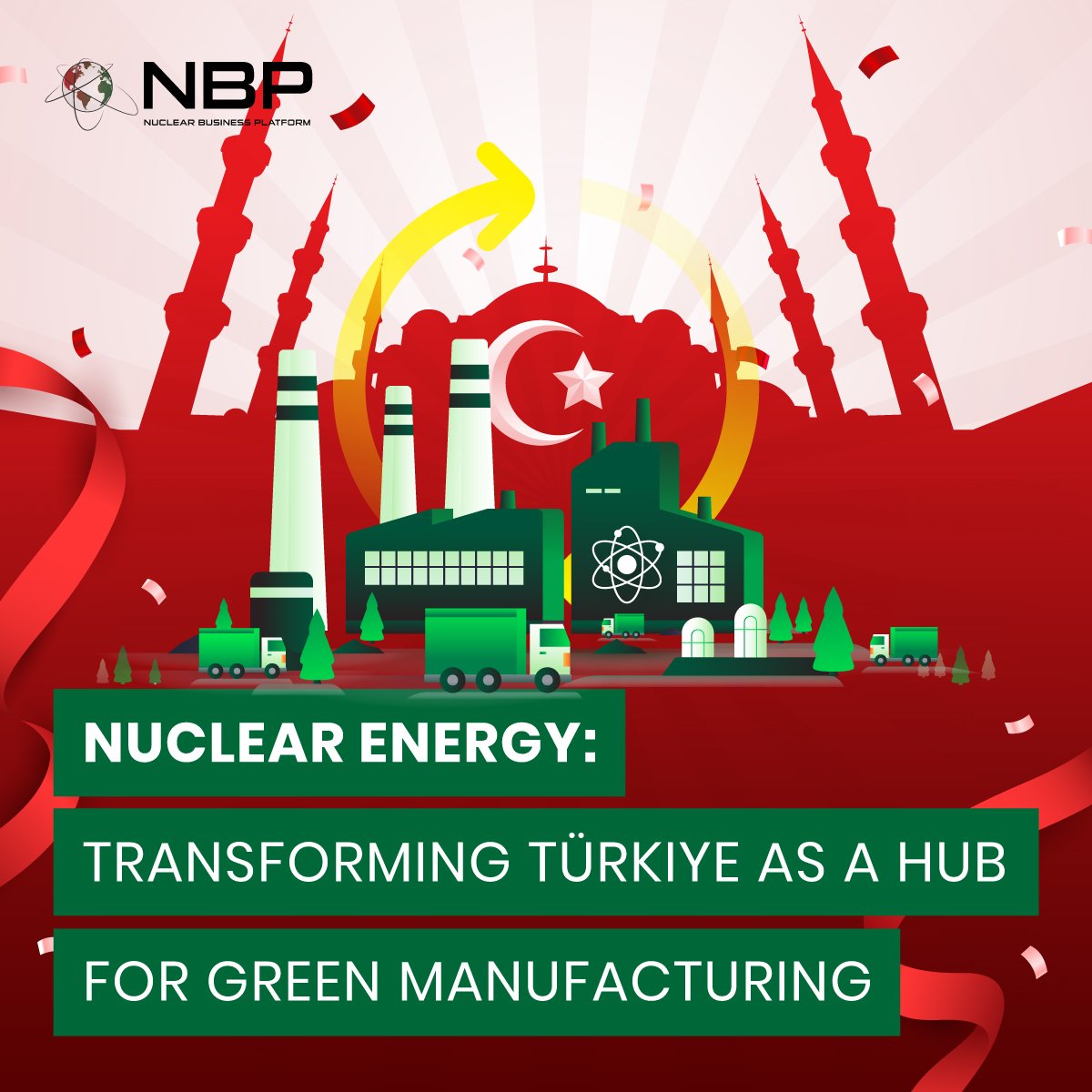
Nuclear Energy: Transforming Türkiye as a Hub for Green Manufacturing
Türkiye, strategically located between Europe and Asia, has emerged as a pivotal manufacturing and distribution hub. Over the years, the country's ambitious goal to develop nuclear power generation has become a cornerstone of its economic growth strategy. Nuclear energy in Türkiye can boost its potential as a green manufacturing and export hub by providing reliable power for industrial processes.
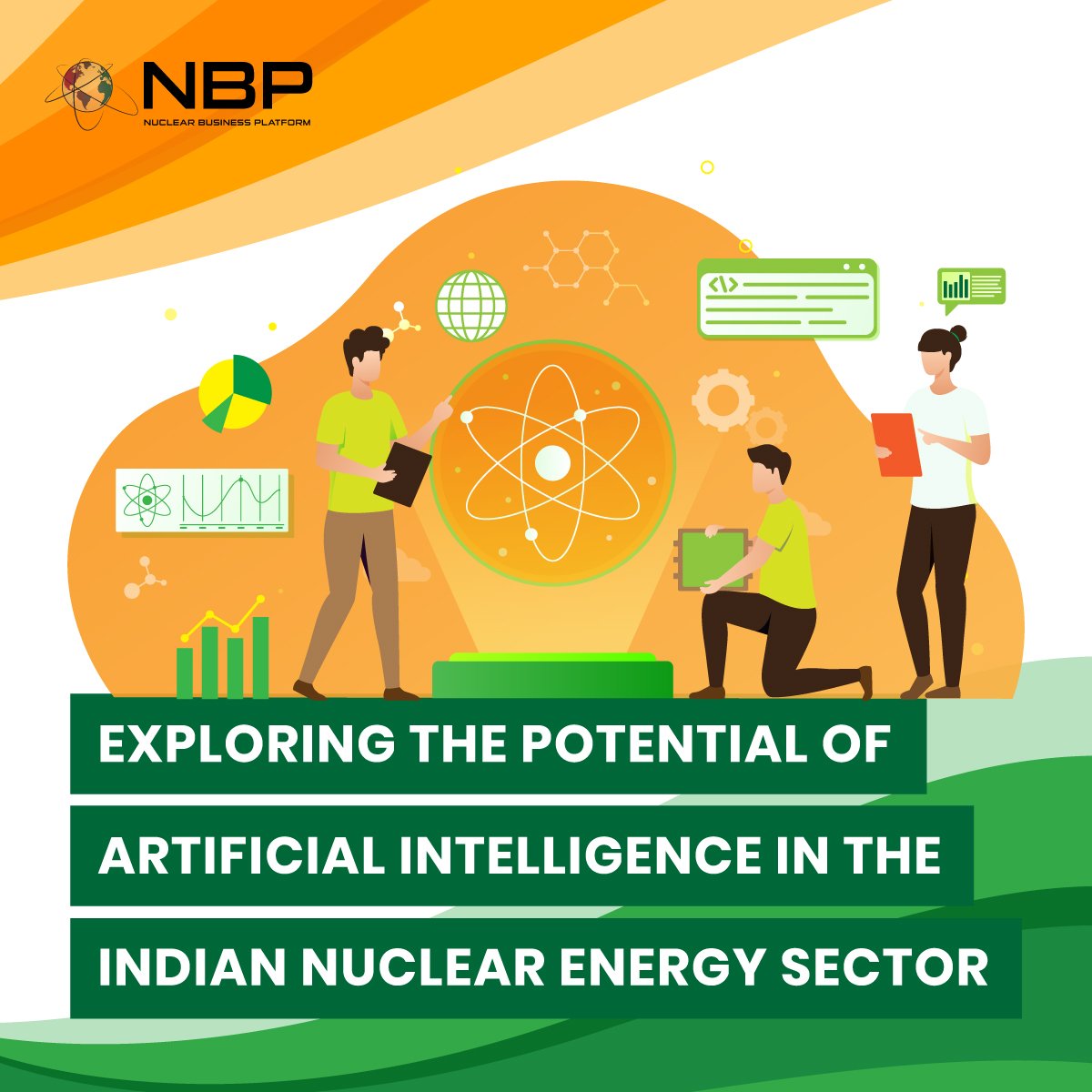
Exploring the Potential of Artificial Intelligence in the Indian Nuclear Energy Sector
The Indian Artificial Intelligence (AI) market is forecasted to reach 7.8 billion USD by 2025, and organizations are leveraging AI with vision, edge computing, real-time tracking, and Industrial Revolution 4.0 to create sophisticated and unique solutions. This underscores the possibility of a technological revolution in the Indian nuclear energy industry by incorporating AI. India has set ambitious goals to generate 9% of its electricity from nuclear sources by 2047. This aspiration underscores the pivotal role that AI can play in advancing nuclear energy capabilities to meet the nation's sustainable energy objectives.
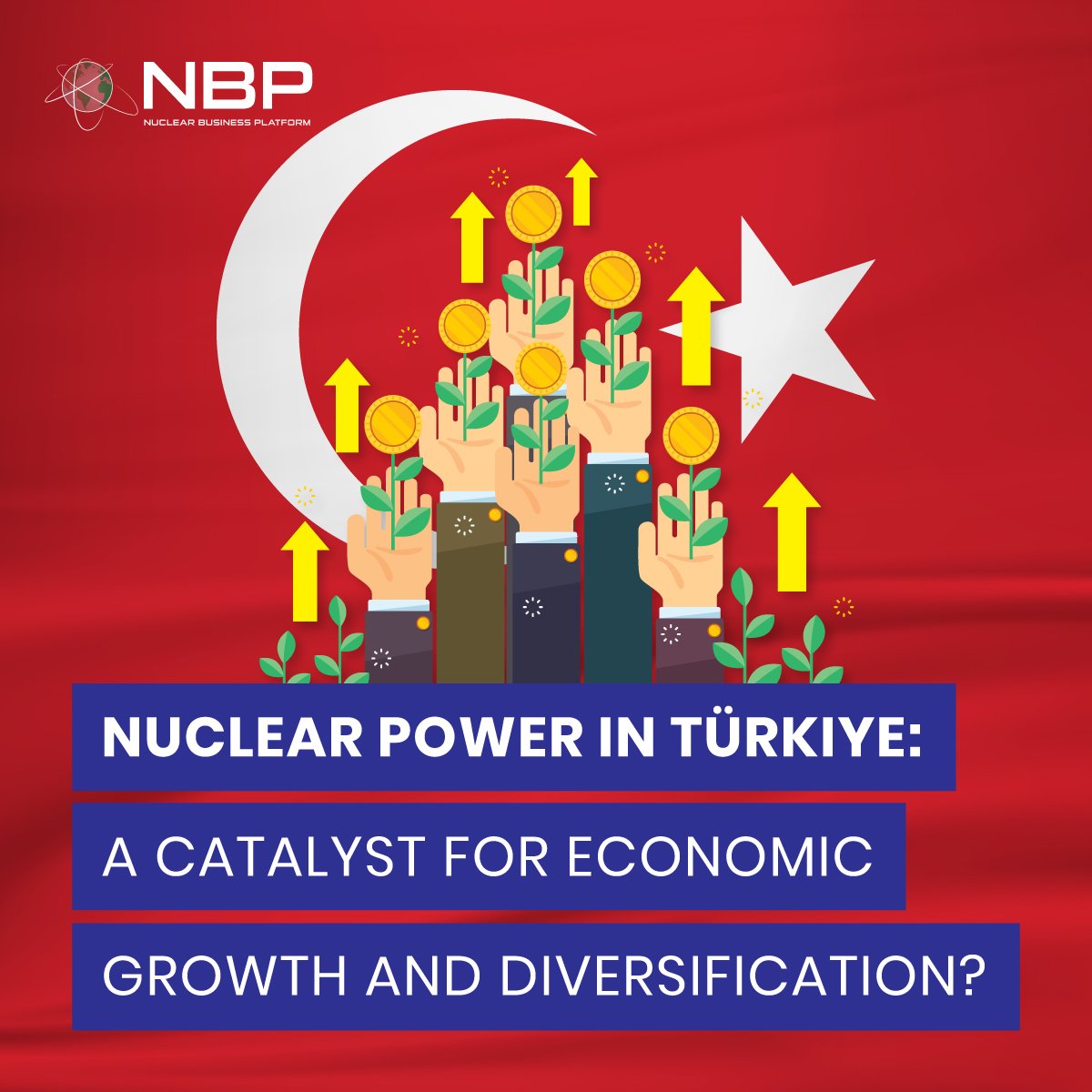
Nuclear Power in Türkiye: A Catalyst for Economic Growth and Diversification?
Türkiye's journey towards harnessing nuclear energy through the construction of Nuclear Power Plants presents a myriad of opportunities for the nation's economy. Beyond the immediate advantages of job creation and reduced reliance on imported energy, this strategic move offers the potential for long-term economic growth and diversification. In this article, we explore how the development of NPPs in Türkiye is not only a step towards cleaner and more secure energy but also a driving force behind various sectors that can contribute to the nation's prosperity.

India's Nuclear Energy Sector: Opportunities and Growth Prospects
Nuclear energy plays a pivotal role in India's energy landscape, contributing approximately 3% of the country's total electricity generation. India has set ambitious goals, aiming to generate 9% of its electricity from nuclear sources by 2047. Vinay Khanduri, NBP’s Head of India sheds light on the burgeoning Indian nuclear energy market and its immense potential for growth and investment.
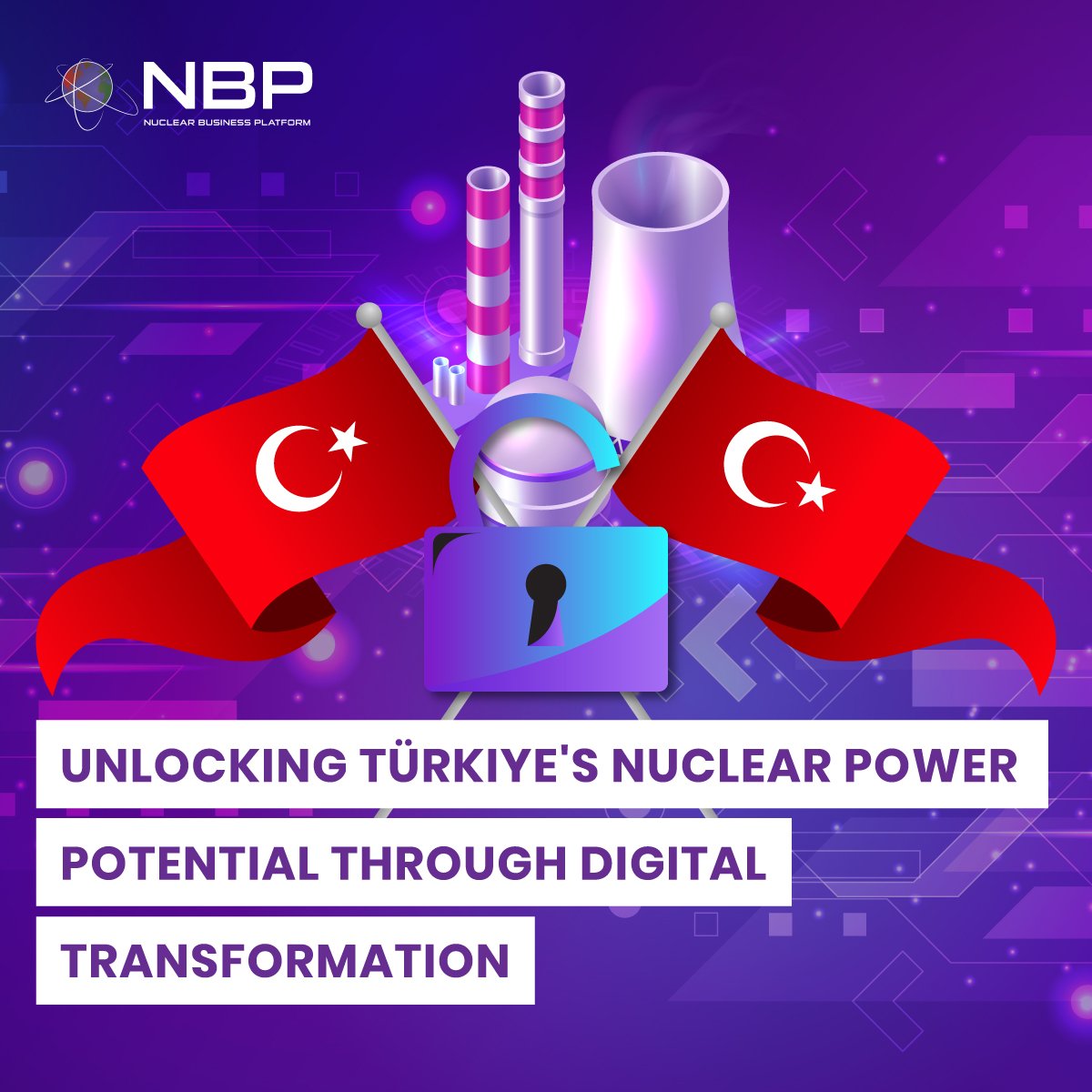
Unlocking Türkiye's Nuclear Power Potential through Digital Transformation
Türkiye's foray into nuclear power marks a significant step towards meeting its energy demands while ushering in a cleaner energy future. In this journey, the integration of digital technologies emerges as a cornerstone, offering multifaceted benefits to the nuclear sector. As Türkiye embarks on an ambitious nuclear energy program, with plans to construct three nuclear power plants (NPPs) totaling 14.3 GWe by 2030, the digitalization of its nuclear sector not only promises enhanced efficiency and safety but also presents substantial business opportunities.
